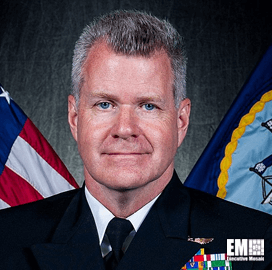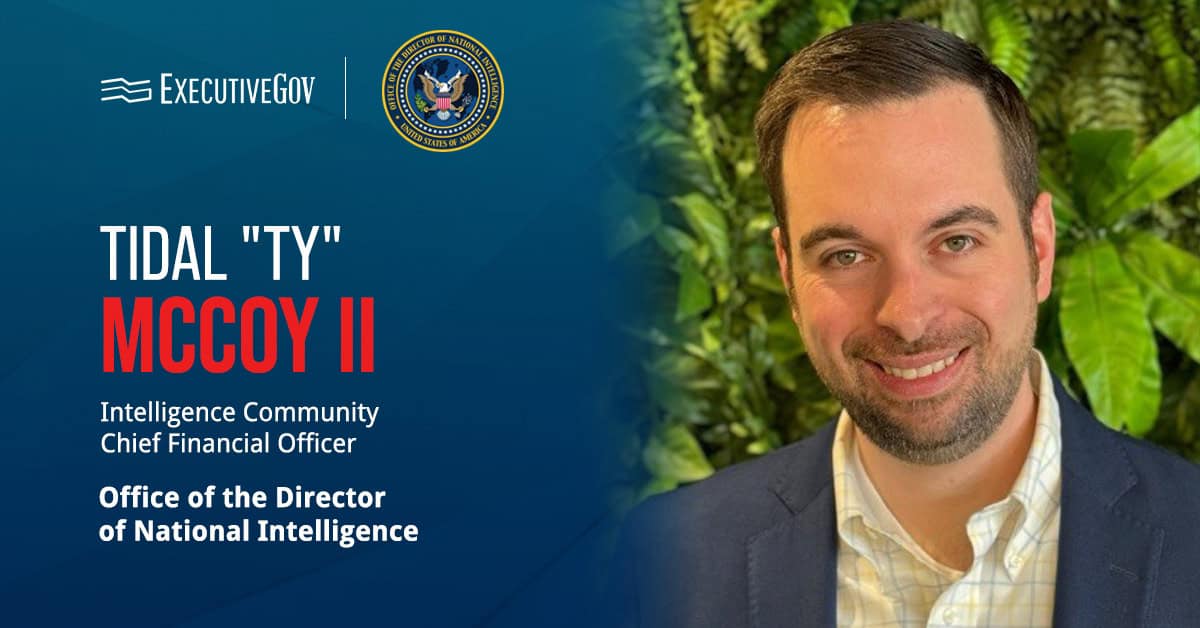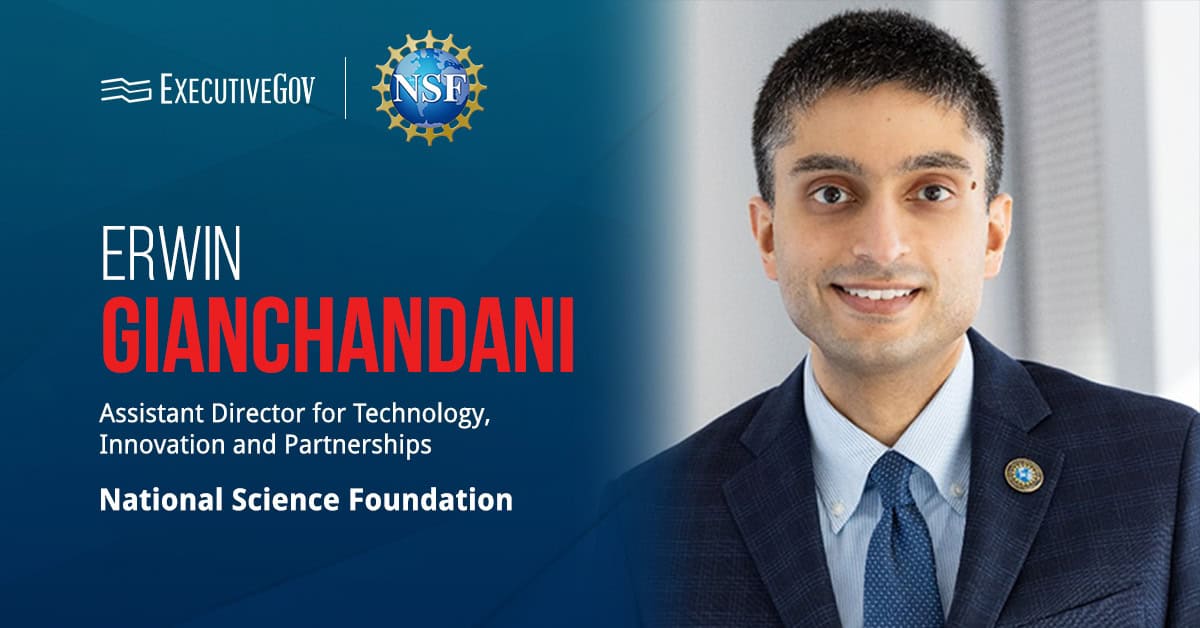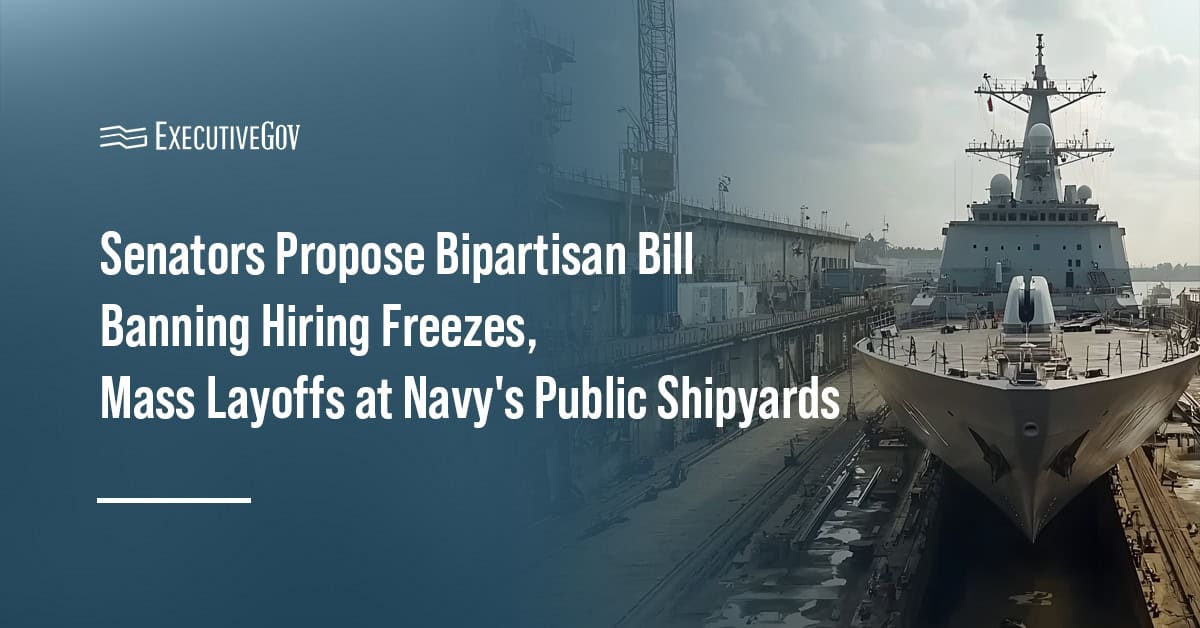The Senate on Wednesday confirmed through a voice vote Navy Adm. Samuel Paparo, commander of U.S. Pacific Fleet, to serve as head of U.S. Indo-Pacific Command, Air Force Times reported.
He will succeed Adm. John Aquilino, who has served as commander of INDOPACOM since April 2021.
In July 2023, President Joe Biden expressed his intent to nominate Paparo to lead INDOPACOM.
The U.S. naval aviator testified before a Senate panel on Feb. 1 and cited China, North Korea and Russia as major threats to U.S. military interests in the Pacific during his confirmation hearing.
Paparo was commander of U.S. Naval Forces Central Command, U.S. 5th Fleet and Combined Maritime Forces before assuming command of U.S. Pacific Fleet in May 2021.
He served as executive assistant to commander of U.S. Fleet Forces Command and to the 31st Chief of Naval Operations and as director of operations, J3, within U.S. Central Command.
Related Articles
The Office of the Director of National Intelligence has appointed Tidal “Ty” McCoy II, most recently a principal at Nexfed, as intelligence community chief financial officer. McCoy announced his appointment at ODNI in a LinkedIn post published Tuesday. Hear experts discuss the latest tech advancements, trends and opportunities facing the IC at the Potomac Officers Club’s 2025 Intel Summit on Oct. 2. Reserve your spot now! Who Is Tidal McCoy? In 2022, McCoy joined strategy consulting firm Nextfed as a vice president. At Nexfed, he led the firm’s intelligence and acquisition strategy practice and played a key role in mergers
The National Science Foundation has launched an initiative to invest up to $100 million in a national network of artificial intelligence-enabled programmable cloud laboratories as part of efforts to advance automated science and engineering and drive discoveries and innovation. NSF said Tuesday the Directorate for Technology, Innovation and Partnerships, or TIP, will lead the NSF Test Bed: Toward a Network of Programmable Cloud Laboratories, or NSF PCL Test Bed. “The idea of a national network of programmable cloud laboratories builds on NSF’s longstanding legacy of transformative investments — such as NSFNET decades ago — that paved the way for the modern
Sens. Jeanne Shaheen, D-N.H.; Maggie Hassan, D-N.H.; Susan Collins, R-Maine; and Angus King, I-Maine have proposed legislation that would spare the Navy’s four public shipyards from workforce reductions. Called the Protecting Public Naval Shipyards Act, the bipartisan bill tells the Department of Defense to exempt certain positions at public shipyards from hiring freezes and layoffs to ensure that nuclear-powered submarine maintenance and overhaul are uninterrupted. “This bipartisan bill will ensure that important naval operations continue without disruption by exempting public shipyard employees from the chaotic mass firings, workforce reductions, and hiring freezes directed by the Trump Administration,” said Hassan. Top





